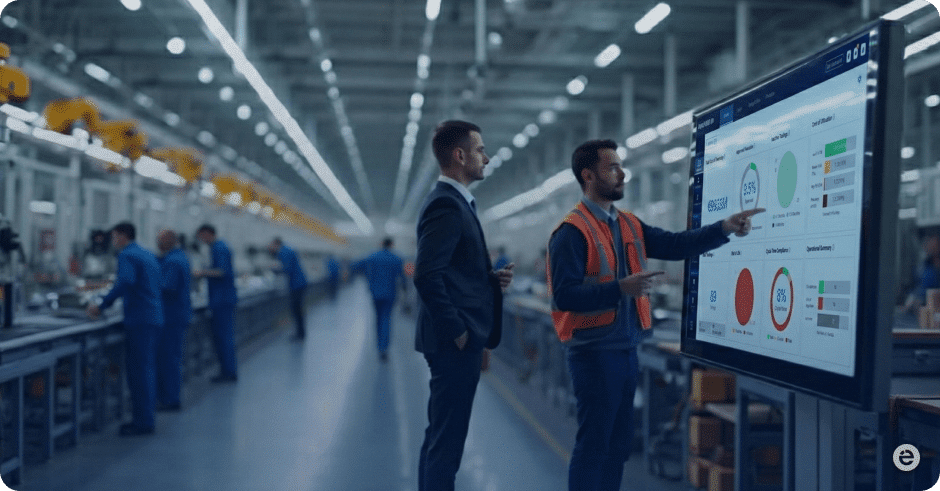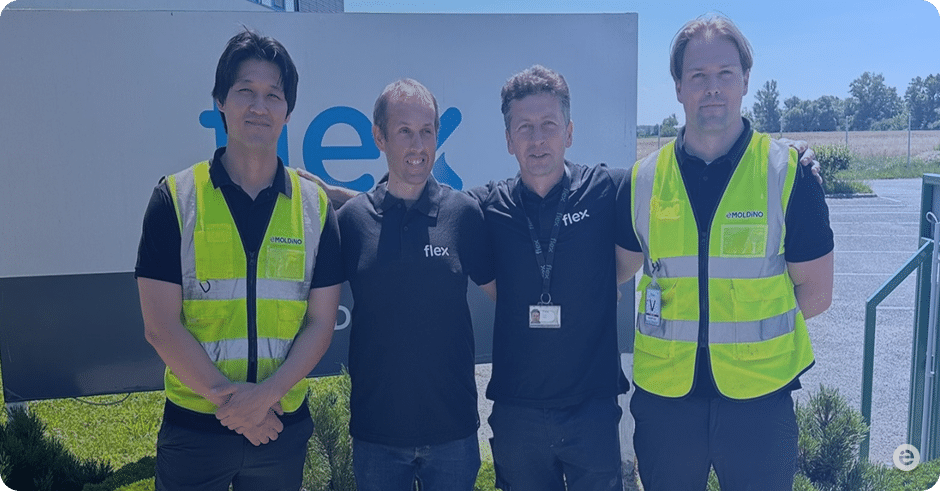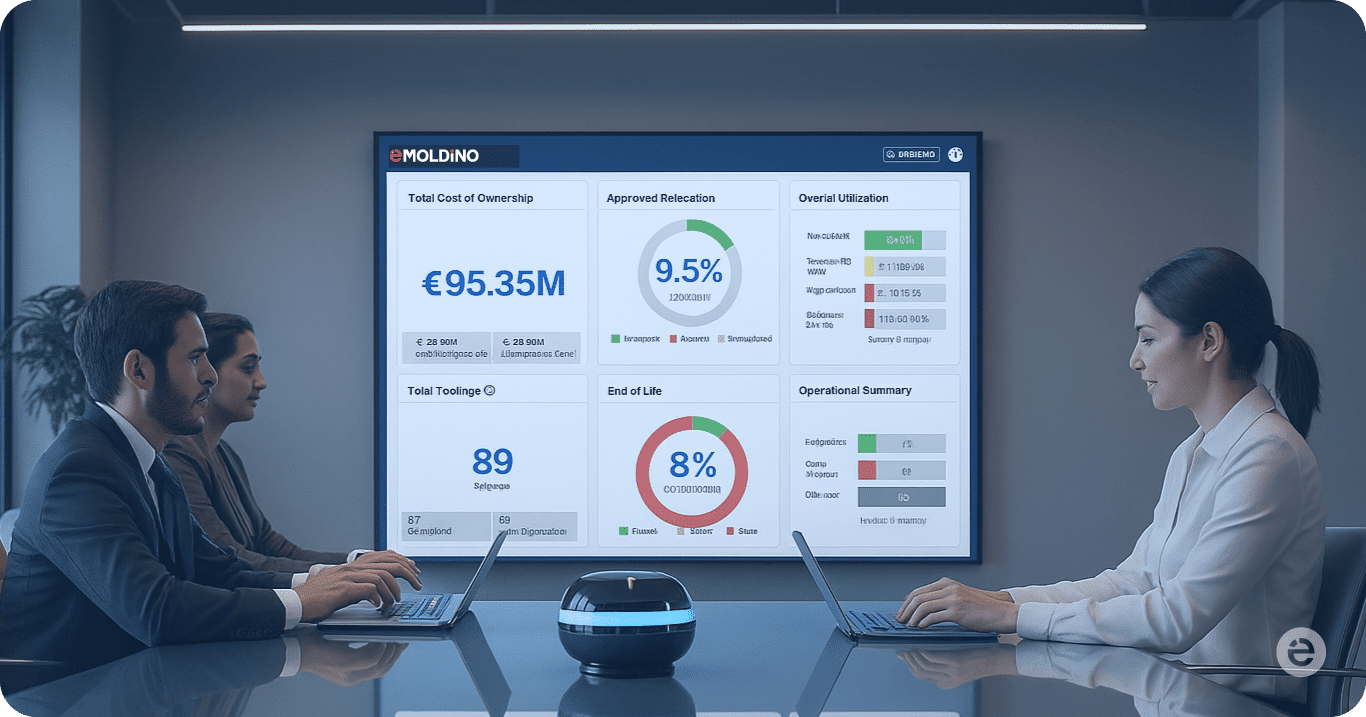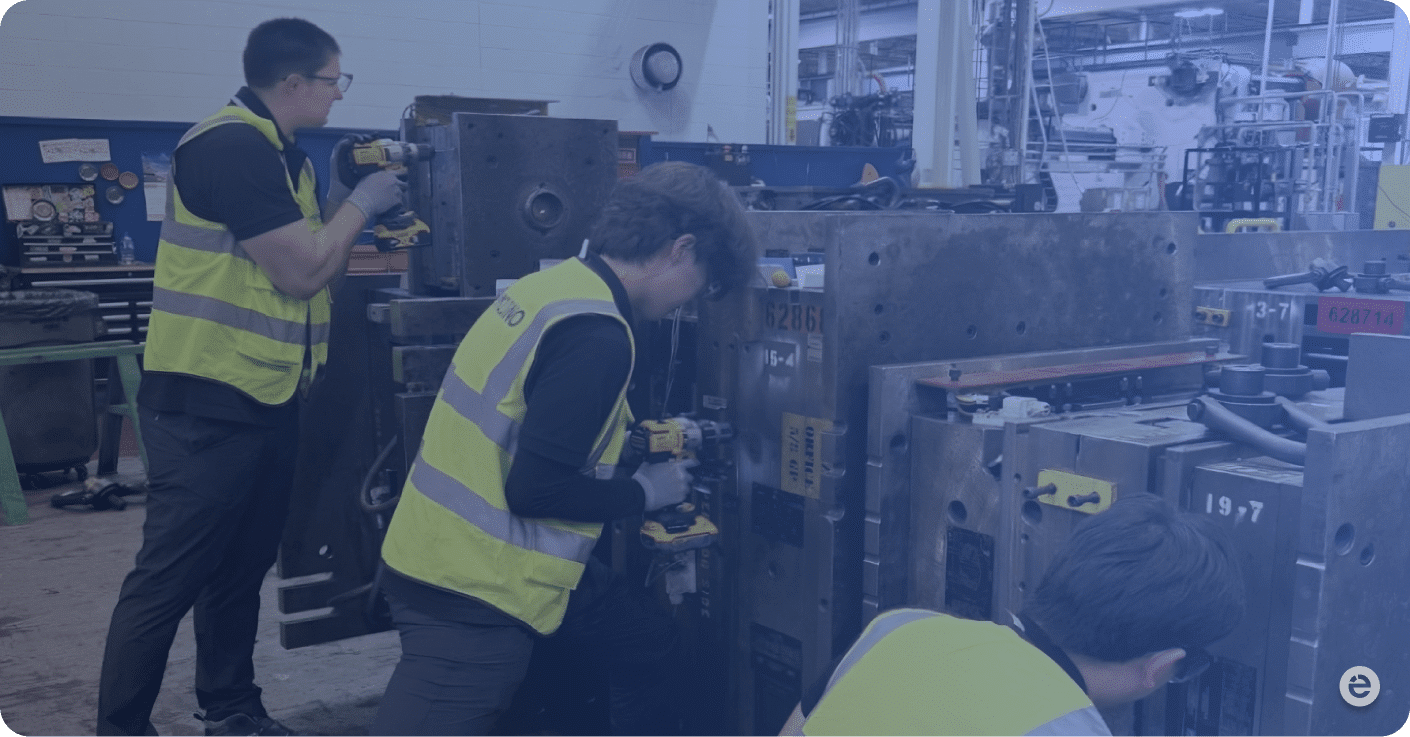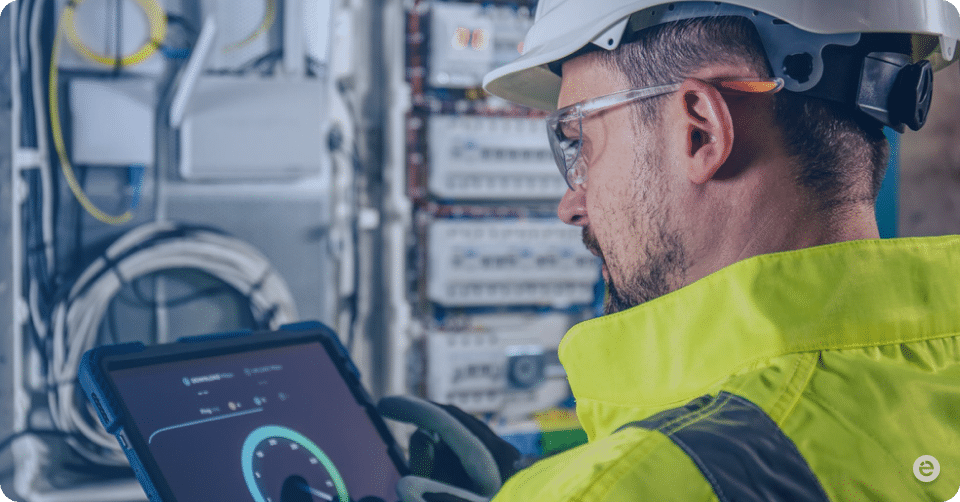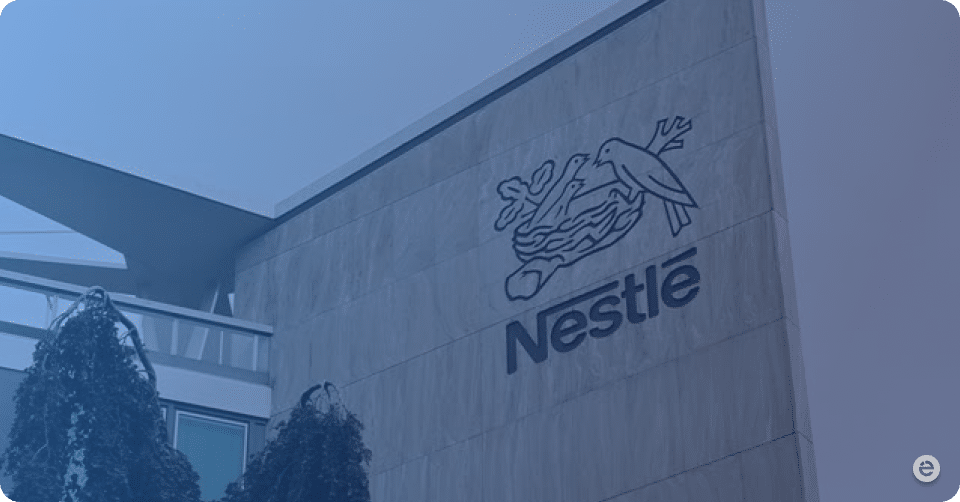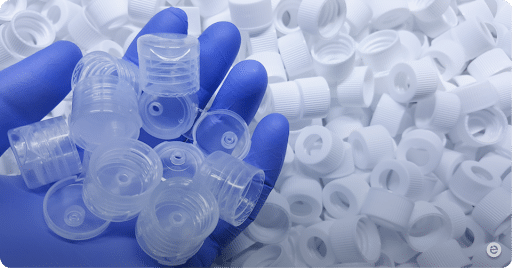大陆集团开始实施数字化转型计划,以实现其模具业务的现代化。公司与 eMoldino 合作,在全球多个工厂引入了创新的数字化模具管理解决方案。这一举措在短期内带来了可观的财务回报和运营改进,最终降低了约 $2 百万美元的成本。
背景与挑战
大陆集团的生产设施规模庞大,既有内部生产,也有外包生产。在转型之前,有几项挑战显而易见:
工具资产管理效率低下: 很少对工具进行实时跟踪,导致难以确定其位置和状况,特别是在外包环境中。
纸质数据收集: 手动数据输入程序减缓了维护工作流程,限制了可视性,并造成了不准确性。
供应商能见度有限: 供应商缺乏共享数据的简化方法,导致沟通不一致和生产延误。
计划外停机: 维护工作是被动的,往往在设备发生故障后才去处理,导致维修成本增加,停机时间延长。
大陆集团认识到迫切需要更有效地对工具资产进行现代化改造和监控,因此寻求我们的技术来提供即时的数据驱动型洞察力。
合作伙伴选择和试点启动
大陆集团是在一次政府赞助的创新工业解决方案竞赛中发现 eMoldino 的。在众多供应商中,我们提供了实时数据收集、快速数据处理和强大的供应商集成功能。
双方的合作始于在巴西开展的一项试点计划,该计划涉及在大陆集团的工厂和部分供应商工厂安装智能传感器的 47 种工具。在该试点项目中
- 预防性维护合规率飙升至 100%。
- 与质量有关的成本下降了 9%。
- 生产性能提高了 8%。
- 维护团队每周可节省约 30 个小时。
这些早期的成功经验鼓励大陆集团在其德国和捷克业务中扩大试点范围。
全球实施战略
在巴西试点取得良好效果后,大陆集团实施了分阶段全球推广战略:
地区准备就绪: 每个地区都进行了评估,以确定准备情况和资源分配。现有的工具工作流程、供应商合作关系和当地的监管考虑等因素都会对推广计划起到指导作用。
基于商品的部署: 团队根据商品类型(如注塑和冲压)战略性地部署了传感器和系统,以实现标准化和简化实施。
变革管理与培训: 大陆集团实施了强有力的变革管理策略,以应对来自供应商和内部团队的潜在阻力。这些策略包括透明的数据共享协议、基于角色的用户访问控制以及有针对性的培训计划,使操作人员掌握有效使用新系统所需的技能。
随着时间的推移,这些措施有助于建立信任,减轻安全顾虑,并为所有利益相关者展示实时数据的价值。
技术基础设施
大陆集团的转型依赖于我们强大的技术基础,其中包括智能传感器、统一的数据收集框架以及与现有系统的无缝集成。
智能传感器部署
我们在大陆集团的内部工厂、供应商设施和注塑机上部署了无线物联网传感器,以持续监控关键的生产指标,如注塑次数、周期时间和温度数据。例如,在内部工厂安装了 16 个传感器,在供应商设施安装了 31 个传感器,在注塑机上安装了 16 个传感器。这一部署确保了对整个生产网络的全面实时监控。
数据收集框架
数据收集框架集中了传感器输出,实现了对关键参数的实时跟踪。这包括通过射击次数和周期时间监控生产质量,通过温度跟踪保持最佳工具性能,以及根据使用模式自动安排预防性维护。
与现有系统集成
新平台与大陆集团的传统制造执行系统(MES)无缝集成,将实时传感器数据与现有的生产工作流程融合在一起。它为供应商和内部团队提供了安全、基于角色的数据访问,同时自动发出维护、报废预测和流程偏差警报。专用终端和路由器促进了瞬时数据流,支持各工厂快速做出明智决策。
可衡量的业务影响
自从采用我们的数字工具解决方案以来,大陆集团实现了切实的成本削减和性能提升。
降低成本
全面的绩效跟踪显示了以下收益:

这些减少主要源于预防性维护计划、更好的供应商合同(由于性能数据)以及最大限度地减少以前用于人工流程的工时。
"有了 eMoldino,我们的维护团队可以全面了解我们的工具,从而进行预防性维护"。 大陆集团供应商质量经理 Marllon Kopelvski 说。 "主动提醒功能特别有用,它能告知我们何时以及如何进行维护。在系统中记录所有维护细节有助于我们在一个地方跟踪所有维护任务"。
提高效率
该系统的运行效率显著提高:
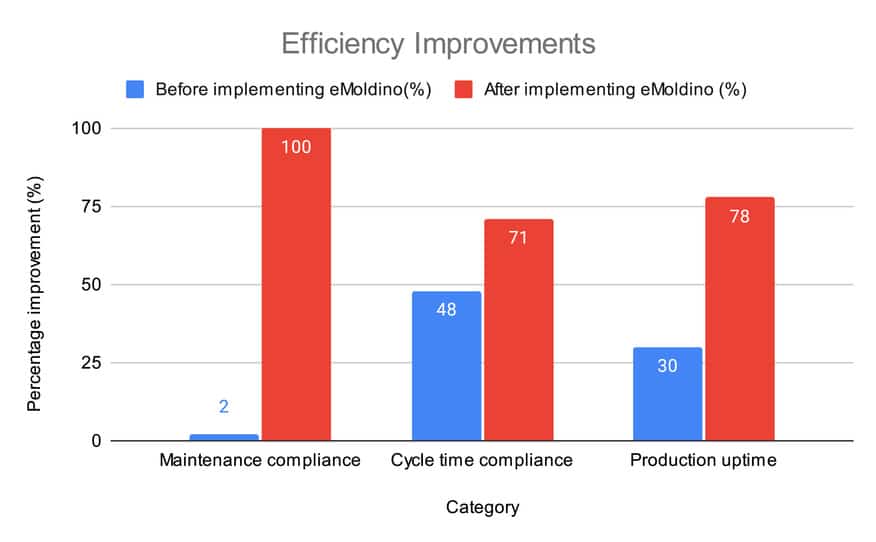
如附图所示,实施该系统后,在多个指标上都取得了显著的运营收益。维护合规性从 0% 激增到 100%,而周期合规性从 48% 提高到 71%,这反映了对生产计划的严格遵守。注塑业务的正常生产时间达到了 77.77%。这些改进通过更好地利用资源和减少停机时间,帮助大陆集团实现了降低成本的目标。
投资回报
该公司实施了一个强大的投资回报率框架,以获取直接的成本节约和运营价值。成本节约的主要途径包括:通过定期维护降低维护成本,减少人工数据录入和分析的工时,以及通过实时性能数据更有效地与供应商进行谈判。这些措施直接带来了可观的经济效益。
运营方面的改进进一步扩大了价值,包括提高了机器的可用性,减少了 9% 的质量相关成本,以及提高了 8% 的整体生产绩效。这些努力估计减少了 $2 百万美元的成本。
数据驱动的系统不断揭示新的优化机会,长期提供持续和经常性的价值。
结论
大陆集团的数字化转型历程彰显了通过智能数字化工具实现制造流程现代化的长期价值。通过集成自动化传感器、简化数据收集框架和强大的系统集成,该公司成功实现了以下目标
- 质量相关成本减少 9%。
- 通过 8% 提高生产性能。
- 部分设施达到 100% 预防性维护标准。
- 每周节省 30 个小时的体力劳动,每年节省 $34,560 个工时。
- 在全球业务中实现了 $2 百万美元的成本削减。
从巴西的试点项目到德国和捷克共和国的进一步扩展,大陆集团的衡量方法帮助完善了每个阶段的流程。该组织对 26 台注塑机和 450 个工具进行监控,利用实时洞察力安排维护、预防故障并微调生产设置。
关于作者
 eMoldino
eMoldino
eMoldino 致力于数字化、简化和改造您的制造和供应链运营。我们帮助全球制造商推动企业创新,同时保持协作和可持续发展的核心价值。 请与我们联系,了解更多信息 →
您喜欢阅读这篇文章吗?
0 /5.计票: 0
浏览我们的最新文章

